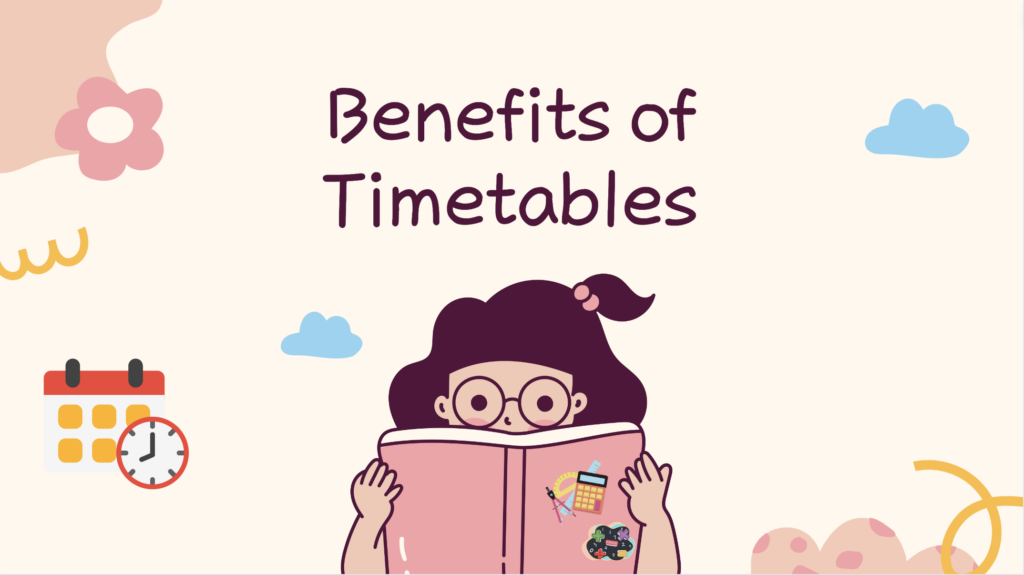Education Ministry Releases Guidelines for Schools Reopening
Schools to reopen soon: The Education ministry released the guidelines for school reopening in India, including a complete disinfection of the entire school premises, flexibility in attendance criterion, no assessment for up to 3 weeks and systematic transition from home-based schooling during the COVID-19 lockdown to formal classes15 within the schools.
The ministry in its guidelines has also asked the States and Union territories to frame their own Standard Operating Procedures, SOPs, as per their local necessities.
Furthermore, the education ministry said that alternative academic calendars should be framed for the entire year and that these calendars may be “realigned for the whole year in accordance with the emerging situation”.
The ministry also said that reintegration of students will be the priority as soon as the schools reopen.
Education Minster’s Statement on SOP for schools:
Education Minister said that ministry has prepared broad guidelines for the reopening of schools while keeping the safety of the students as its top priority.
He stated that while safeguarding the safety of students, it is also important that ‘Suraksha’ and ‘Shiksha’ should go hand-in-hand. The academic learning continuity should be maintained for the students.
Education minister Ramesh Pokhriyal, through his official Twitter handle said: “States/UTs to prepare their own standard operating procedure (SOP) regarding health and safety precaution for reopening of schools based on the SOP to be issued by the Department of School Education & Literacy (DoSEL), Ministry of Education. States/UTs may adopt or adapt the SOP as per local context and requirements.”
School SOPs – from Online Classes to Formal Schooling
As per the guidelines released by the education ministry, schooling will alternate between home-based and the formal system.
The new modes of learning will be by means of face to face instruction, individual assignments and group-based projects.
The education ministry held that the requirements of the most vulnerable students, including homeless and migrant children and those directly affected by COVID-19 will be given priority.
“Schools should ensure smooth the transition of students from home-based schooling during lockdown to formal schooling. Schools can implement re-adjusted school calendar and redesigned Annual Curriculum Plan (ACP), remedial classes or conduct back-to-school campaign among other steps,” the guidelines said.
Entry in Schools with Parent’s written Consent Letter and Flexible Attendance
The education ministry also suggested that the schools adopt flexible attendance and sick leave policies.
“Flexible attendance and sick leave policies may be developed and implemented to encourage students and staff to stay at home when sick. Students may attend schools only with the written consent of parents. Students may opt for online classes rather than physically attend school. There shall be no assessment up to 2-3 weeks of school reopening and use of ICT and online learning shall continue to be encouraged,” it said.
Dr Pokhriyal also stated the same via Twitter, “Students may attend schools only with the written consent of parents. Attendance norms will be flexible. Students may opt for online classes rather than physically attend school.”
Strict Social Distancing Protocols at School Premises
Social distancing protocols should be ensured while creating a seating arrangement. There should be staggered of entry and exits and staggered time tables. Also, the school functions and events to be avoided until the situation become conducive.
All students and staff should be wearing a face mask and continue wearing it all through, especially inside the classrooms, during any other group activity, such as eating in the mess, working in the labs or while reading in the libraries.
Moreover, schools should invest in display signage and markings for enforcing social distancing inadequate places.
“Schools may be encouraged to make their own SOPs based on the guidelines issued by states and UTs, keeping in view the safety and physical or social-distancing norms, and ensuring that the notices, posters, messages, communication to parents in this regard are prominently displayed and disseminated,” it said.
For Nutritional Requirement of Children
To meet the nutritional requirements of children, States / UTs are advised to provide hot cooked “Mid-Day Meal” or it's corresponding “Food Security Allowance” to eligible children at times when the school remained closed and during summer vacations.
Through Cleaning and Disinfection of Schools before Reopening
“Schools must arrange and implement for thorough cleaning and disinfecting of all areas, furniture, equipment, stationery, storage places, water tanks, kitchens, canteens, washrooms, laboratories, libraries on school campuses and ensure airflow in an indoor space,” the education ministry said for a gradual reopening of schools from 15 October 2020.
The schools have been advised to form task teams and response teams such as emergency care, general support, commodity support teams, hygiene inspection teams for all stakeholders with earmarked accountabilities.
COVID Impact on Education Institutes
All education institutes across the country were ordered shut on 16 March 2020. On 25 March 2020, the Central government announced a nationwide lockdown to curtail the spread of the COVID-19.
While several restrictions have been eased gradually as part of India Unlock” since 08 June 2020, educational institutions continue to remain closed.
However, as per the latest unlock 5.0 guidelines released by the Ministry of Home Affairs, the educational institutions can re-open outside the COVID-19 containment zones after October 15. The decision on reopening the institutions has been left with the states and Union territories.
Also Read:
- IIIT Amendment Bill 2020 Passed, 5 IIITs now Institutions of National Importance
- Unlock 5.0 School College Reopening Guidelines Issued



